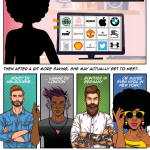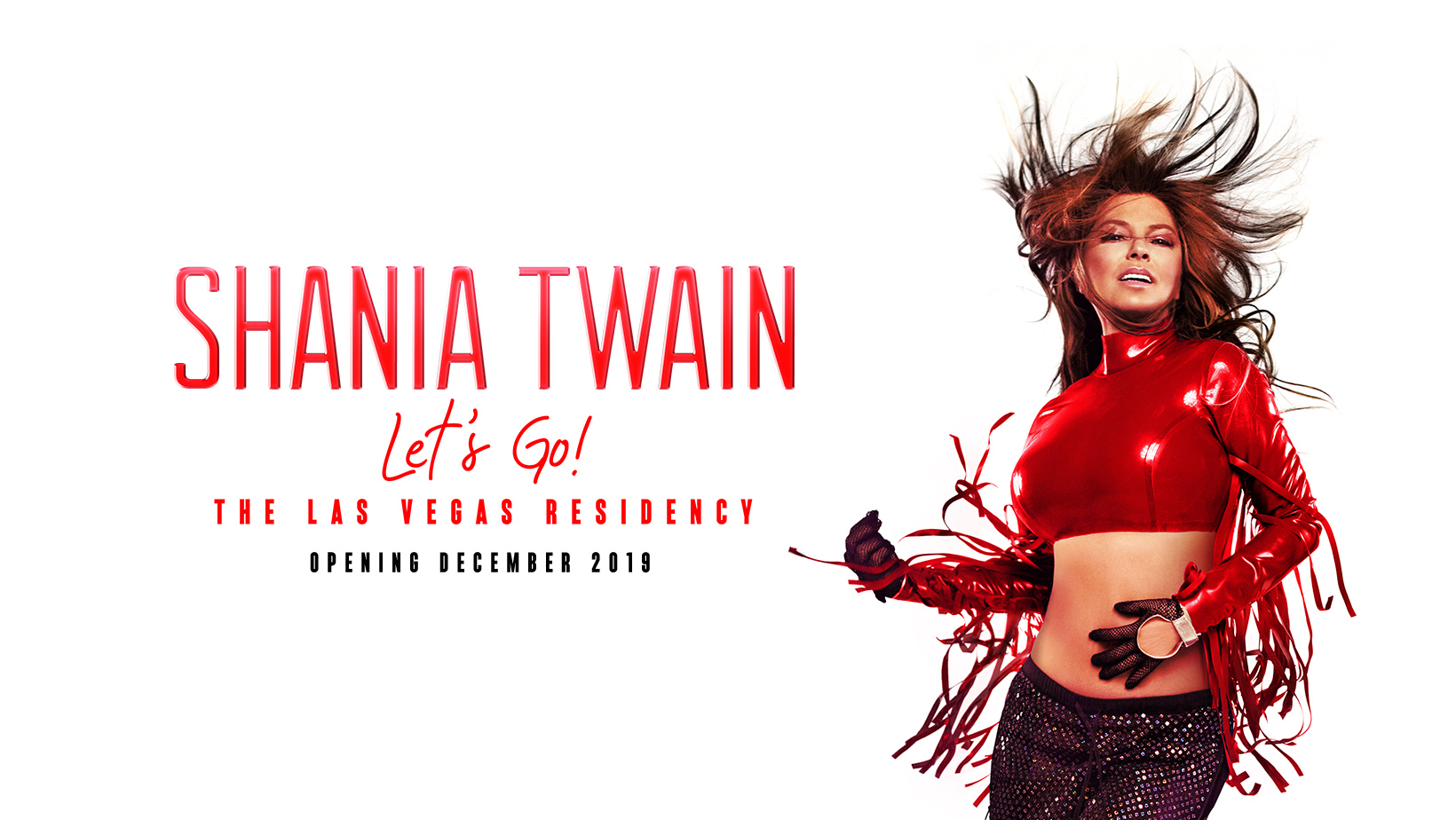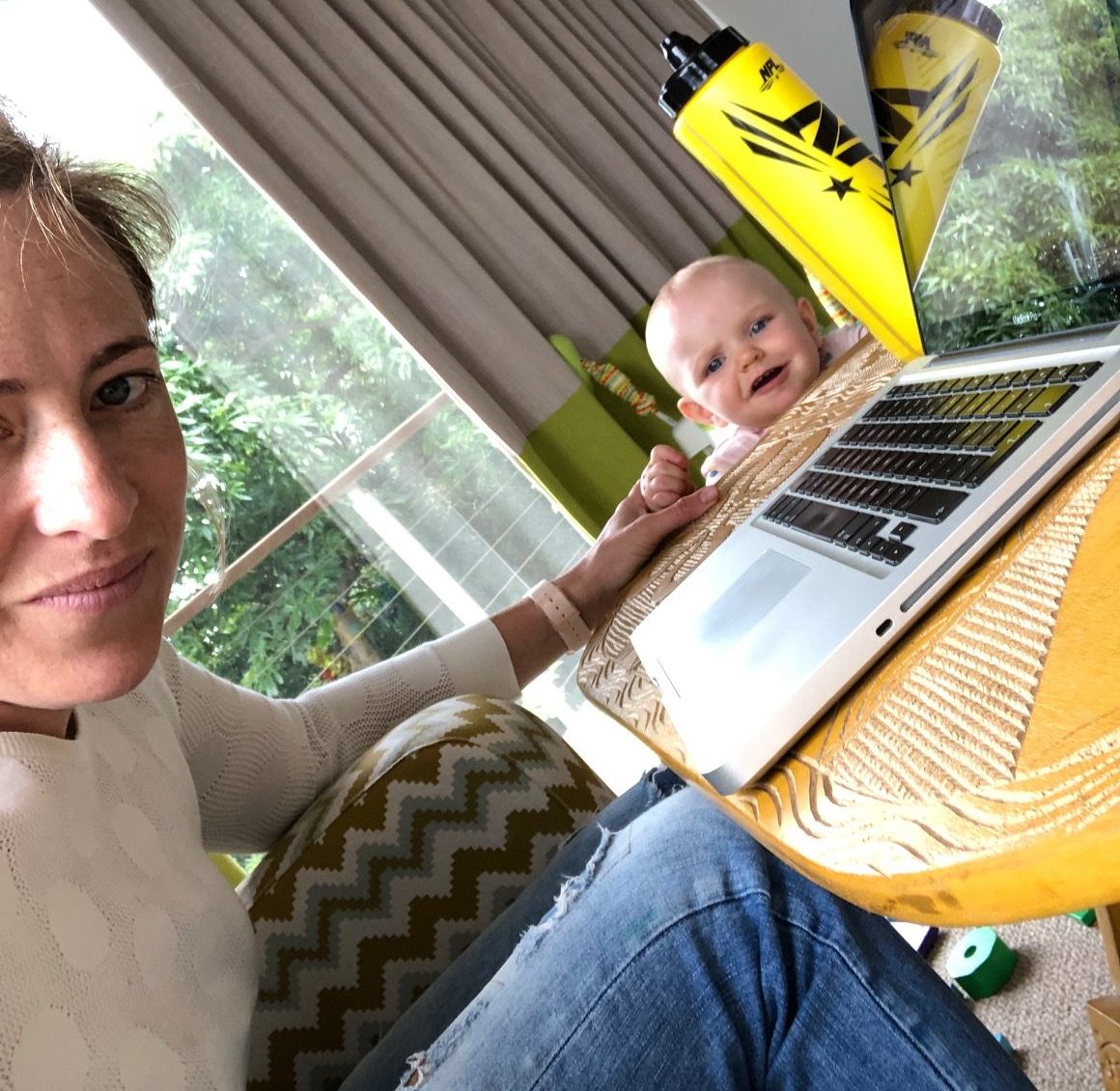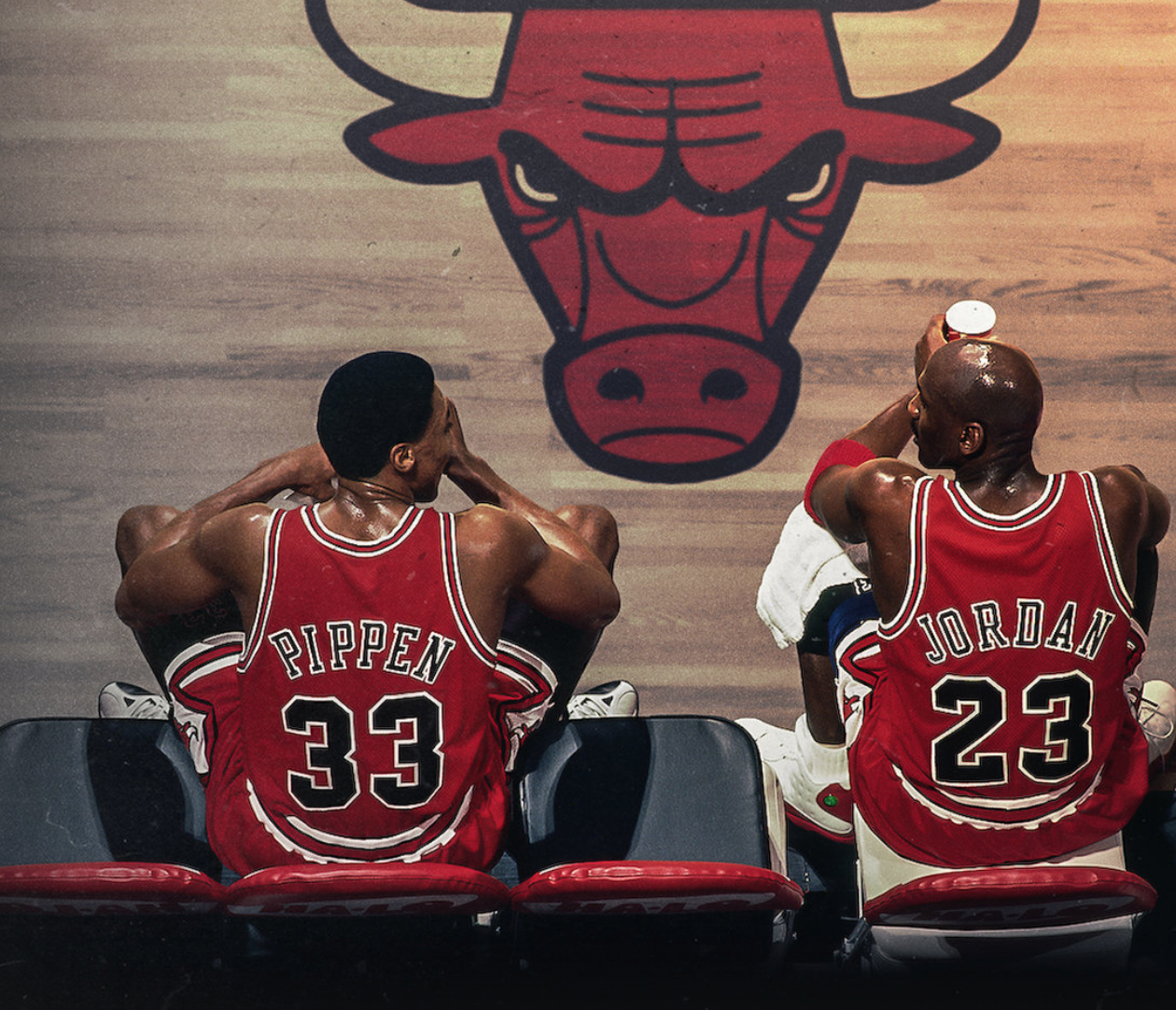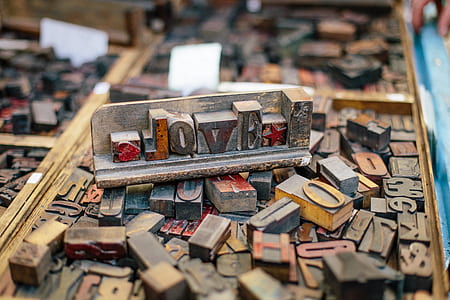
I wish someone had told me about the power of a name. And other acts of micro kindness.
“I wish someone had told me” is a series of posts that feed into our inquisitive nature at CN&CO. We hear from someone in our network about something interesting or surprising that’s recently happened or occurred to them – or lessons they learnt. These blogs are a way to pay it forward and form part of CN&CO’s belief that the world can be a better place – and we all have a responsibility to make it so. This post is by Christelle Colman, CEO of Ami Underwriting Managers.
First things first. I was born the third child of four, with my brother being the last born. By the time I came along, my weary, farming parents were running out of patience to produce a male heir. Coming up with a somewhat unwanted girl child’s name was just too much trouble for my parents – hence I was known as “die kind” (the child) for a good few months. Eventually, it was decided that my name would be the female version of the original family male name – Christelle for Christiaan.

You will appreciate that I’ve always had a rather complex relationship with the importance of names.
It seems to me that a person is more interested in their own name than in all other names on earth put together. According to Dale Carnegie, a person’s name is to that person the sweetest and most important sound in any language.
The sound of your name being used typically cuts through all other noise that might be going on around you. Since birth, we have been conditioned to respond to the sound of our name. Think about it this way: how would you feel if your mother referred you by another person’s name? Not great. That is why the power of names is so important.
One of the most straightforward, obvious, and important ways of gaining goodwill is simply by remembering names and making people feel important. Yet how many of us do this?
In South Africa, we often deal with the added challenge of being embarrassed by mispronouncing names. We are truly blessed with such a diverse language landscape but we simply do not sufficiently pay attention and navigate our way around the person’s name – often missing out on an opportunity to make a real and meaningful connection.
Considering my wobbly start with names, fused with my genuine need to build strong relationships, I decided to fix this shortcoming in my behaviour. I kept thinking about the incredible power of micro acts of kindness and how amazing I felt when I thoughtfully practiced making these small but powerful changes.
So here goes – my list of feel-good things you can do that doesn’t cost a cent but will bring you (and the person receiving the gesture) some welcome reprieve from what can be a harsh world:
- Name tags – a permission slip
In our everyday lives, many people wear name tags, especially often “nameless” people in service positions. Name tags reach much further than just providing someone with a name. Adapted from Scott Ginsberg, “A name tag isn’t just a sticker; it’s a statement. It’s about friendliness, identity, culture, and human nature.”
A name tag is a permission slip. Because name tags are permission slips, they encourage engagement. Their primary function is to personalize and humanize each person, and inviting encounters is what they do.
So next time you check out your groceries or have your car’s petrol tank filled up, USE the person’s name and validate their existence with your kindness. Your heart will be happy seeing their eyes light up, warmed by beautiful smiles. You will create a micro-moment of connection over and over again.
- Enter mini-bus taxis – an actual test of patience
In the early 90s, when I started my first job at Santam in the Cape Town CBD, my tiny apartment was not on a bus route, and I couldn’t afford a car. Walking 3 kms to work in the notorious Cape winters was simply not an option. So I started using the mini-bus taxis. Yes, it was unusual for a white 19yr old girl to get onto a taxi at the time, but I was fearless (indeed justified too). It was one of the best things I could ever have done. I learned so much on those commutes.
Most importantly, those perceived rude taxi drivers delivered the ultimate service to their passengers at a meagre fare. They will stop wherever you want them to. They will navigate their way through the worst traffic at the fastest speed. They will give you the front seat if they think it might be challenging for a young girl to sit in the back. I experienced genuine kindness, and my eyes opened to a different perspective. Who uses these taxis? Well, people who simply can’t afford the comfort of a warm luxury car. People who often walk kilometres to work in our homes and offices, who must take two or three commutes just to get to work in rain and heat with zero air-conditioning.
Next time that taxi driver cuts in front of you or stops somewhere inconvenient to you in your comfortable car, smile, wave, and give them the right of way. Think not of the driver but the passengers who are simply trying to navigate extremely challenging life conditions. One act of kindness brings another act of kindness – you might just be rewarded with a cheeky smile from the driver!
- Helping the ones who help us
In South Africa, we are often confronted with the harsh inequality in our society. An immense divide between the wealthy and the poor. The signs are everywhere, but for me, they are no more apparent than when I drive back to my home office after I’ve done the daily morning school run. Countless ladies walk in rain and shine towards their place of work while their employers glide past in luxury vehicles. In Cape Town, these pedestrian commuters often do so in the harshest winter conditions, when the sun has not risen yet or has already set. I am usually guilty in these moments, truly contemplating my immense privilege, and I feel desperate and ashamed.
Some time ago, I decided to apply my micro acts of kindness approach in this scenario. I now make it my business to stop and lift as many of these ladies as I can. The opportunity to help with zero effort on my part and the unique moments of genuine humane interactions have given me so much joy.
To be a caring and compassionate person doesn’t mean you have to express kindness through grand gestures. A kind life is composed of the myriad ordinary, day-to-day kindnesses that may seem small but accumulate like sand upon the shore.
Ami
This brings me back to the importance of a name. As you may know, my business partner Carel Nolte and I are busy building a new UMA with the rather unusual name of Ami, pronounced “ah-me”.
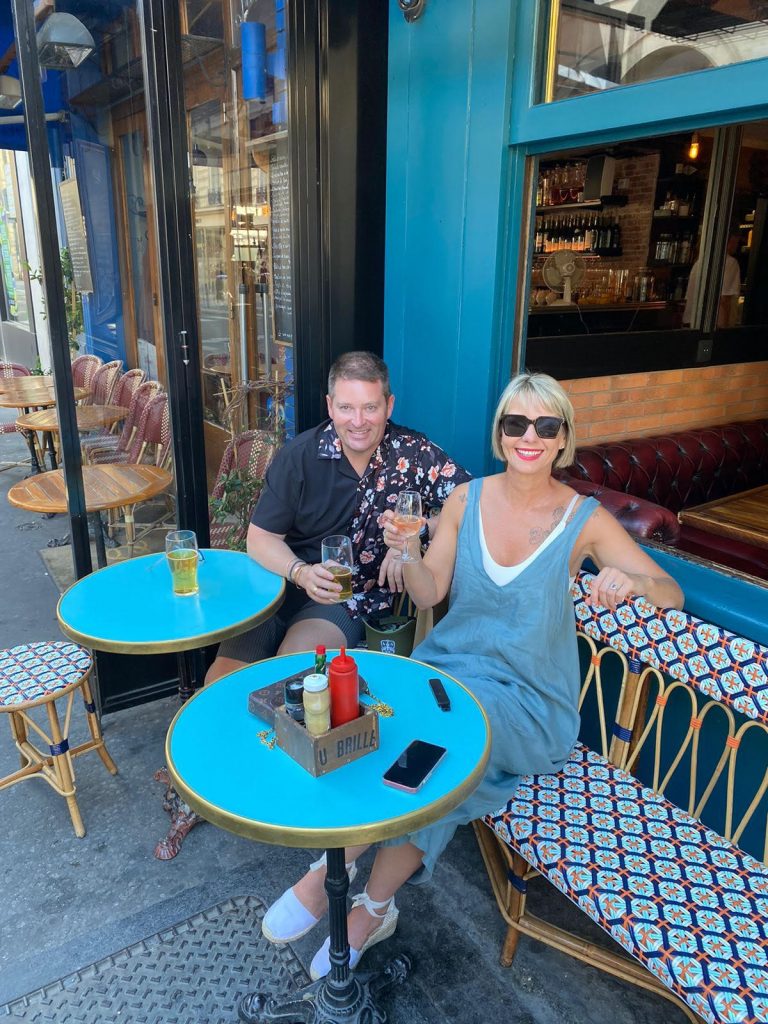
The word “ami” has several meanings around the world. The most well-known meanings are “a friend” in French and “my nation” in Hebrew.
Friends are there for each other in good and bad times. They’re reliable, compassionate, and understanding. They know and live in each other’s worlds. This is the vision of Ami… to be a friend to brokers, clients, and communities by providing accessible, easy-to-understand, and socially aware insurance. And that’s the essence of the brand – a much loved and trusted friend in time of need.
So, we invite you to remember our name and I promise you, we will not forget yours!
Visit www.amisure.co.za to learn more about South Africa’s newest and friendliest insurance brand.

